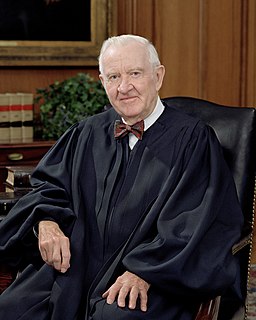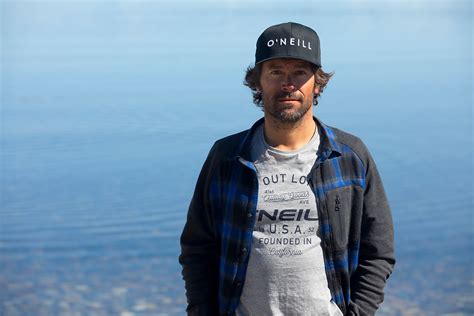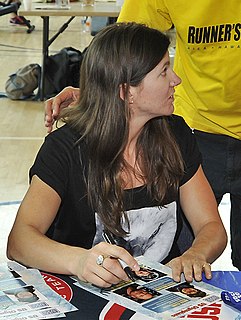A Quote by Mark McMorris
All third world literature is about nation, that identity is the fundamental literary problem in the third world. The writer's identity is insecure because the nation's identity is not secure. The nation doesn't provide the third world writer with a secure identity, because the nation is colonized, it's oppressed, it's part of somebody else's empire.
Related Quotes
The nation as the horizon of an identity that you want to come into being as a fundamental absence of something that is compromised, something that needs to be rescued or made - these matters preoccupy the third world writer. It is seductive for a Marxist understanding of literary practice and production in the sense that it says that material culture determines literary output.
The whole point is to take from our native culture and from contemporary culture without using one art form to mimic the other, so that our native identity remains the native identity, the contemporary identity remains the contemporary identity, and the mixing of these two musical identities creates a third musical identity.
The great works belong to no one nation, no one cultural tradition even. They are universal.I want an Australian vision of arts policy that is expansive, is embracing, is not narrow, is not parochial. For example, that Australians can do Shakespeare just as well as Englishmen can because we, like every civilised nation, partake of the great canonical works. It's not about Australian nationalism; it's about our identity as a culturally ambitious, culturally sophisticated nation.
The identity of just one thing, the "clash of civilization" view that you're a Muslim or a Hindu or a Buddhist or a Christian, I think that's such a limited way of seeing humanity, and schools have the opportunity to bring out the fact that we have hundreds of identities. We have our national identity. We have our cultural identity, linguistic identity, religious identity. Yes, cultural identity, professional identity, all kinds of ways.
It's like we're suffering from an identity crisis, and that identity is in our arts and the fact that we don't find it chief amongst our agendas to teach our kids who we are as a nation and the battles we've had on this ground and how they've been successfully resolved. We can't enjoy the fruits of the labor of our ancestors.
When it comes to identity, that was an issue that plagued me for a lot of my life. It's something that I wanted to tap into. Film can really take you to other places, and sometimes that's necessary to understand your own identity or someone else's identity or just the issue of identity, in general. It takes you. It's borderless. It's boundless. It's universal.






















